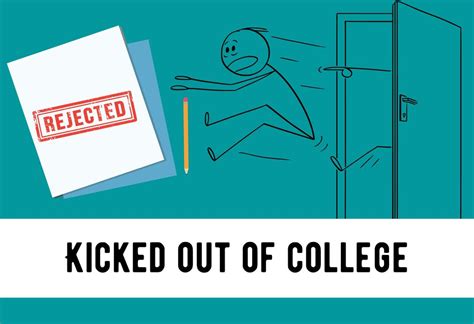Introduction:
Legality of Parental Authority:
* In most jurisdictions, parents or legal guardians have the authority to discipline their children, including removing them from the home.
* However, the age at which a child can legally leave home without parental consent varies by state.

Grounds for Removal:
* Unlawful Conduct: Engaging in illegal activities, such as substance abuse or theft, can provide grounds for removal.
* Physical or Emotional Danger: Parents may remove a child if they believe their presence poses a physical or emotional threat to themselves or others.
* Educational or Behavioral Concerns: Persistent refusal to attend school, disruptive behavior, or significant mental health issues may lead to parental action.
Age of Emancipation:
Variations by State:
* 18: Most states set the age of emancipation, when a child can legally leave home without parental consent, at 18.
* 16-17: Some states allow for emancipation at younger ages, typically with court approval.
* 15: Only a handful of states, including Nebraska, New York, and Oregon, allow emancipation at age 15.
Emancipation Process:
* Court Petition: A minor must file a petition with the court, demonstrating their ability to provide for their own financial, housing, and educational needs.
* Financial Independence: The court will consider the child’s income, assets, and ability to manage their own expenses.
* Stable Housing: The child must prove they have access to safe and stable housing.
* Educational Attainment: The child must demonstrate their educational goals and the means to achieve them.
* Approval: The court will make a ruling based on the evidence presented, considering the best interests of the child.
Consequences of Removal:
Legal Implications:
* Child Neglect or Abuse Charges: Parents may face legal consequences if they remove a child without just cause.
* Dependence on Social Services: Children who are removed from home may become reliant on state assistance for housing, food, and healthcare.
Emotional and Social Impact:
* Trauma and Loss: Removal from the home can be a traumatic experience for children, leading to feelings of abandonment and insecurity.
* Social Stigma: Young people who are living independently may face stigma and judgment from peers and adults.
* Limited Educational and Occupational Opportunities: Without parental support, children may have limited access to education, job training, and other opportunities for success.
Alternatives to Removal:
Negotiated Agreements:
* Parents and children can develop agreements that outline expectations and consequences, reducing the likelihood of removal.
* Family Counseling: Professional counseling can help families address underlying issues and improve communication.
Support Services:
* Youth Shelters: Provide temporary housing, meals, and support services to youth who have left home.
* Emancipation Support Programs: Offer guidance, financial assistance, and mentorship to young people seeking independence.
* Foster Care: If a child is unable to return home, foster care can provide a safe and nurturing environment.
Conclusion:
The decision of whether to remove a child from the home is a complex and challenging one. Parents must carefully consider the legal, emotional, and social implications. Children should be aware of their rights and explore alternative solutions before leaving home. It is crucial to prioritize the well-being and safety of all parties involved.
Frequently Asked Questions
Can I be kicked out for talking back?
* While parents have the right to discipline their children, they cannot remove them from home solely for verbal arguments.
Can I be kicked out for being gay or transgender?
* No, it is illegal to remove a child from their home based on their sexual orientation or gender identity.
What happens if I run away from home?
* Running away from home can be dangerous and is often considered a form of child neglect. You may be reported missing and returned to your parents.
How can I prepare for emancipation?
* Start working towards financial independence by saving money and getting a job.
* Maintain good grades and develop a solid educational plan.
* Seek support from trusted adults, such as teachers, counselors, or family members.
Tables
Table 1: Emancipation Age by State
| State | Emancipation Age |
|—|—|—|
| Nebraska | 15 |
| New York | 16 |
| Oregon | 15 |
| Texas | 18 |
| California | 18 |
Table 2: Grounds for Removal from Home
| Ground | Description |
|—|—|—|
| Unlawful Conduct | Engaging in illegal activities |
| Physical or Emotional Danger | Threat to safety or well-being |
| Educational or Behavioral Concerns | Persistent refusal to attend school or disruptive behavior |
Table 3: Consequences of Removal from Home
| Consequence | Impact |
|—|—|—|
| Child Neglect or Abuse Charges | Legal repercussions for parents |
| Dependence on Social Services | Reliance on state assistance |
| Trauma and Loss | Emotional and psychological harm |
Table 4: Alternative Solutions to Removal
| Solution | Description |
|—|—|—|
| Negotiated Agreements | Outlining expectations and consequences |
| Family Counseling | Addressing underlying issues and improving communication |
| Youth Shelters | Providing temporary housing and support services |
| Emancipation Support Programs | Offering guidance, financial assistance, and mentorship |
